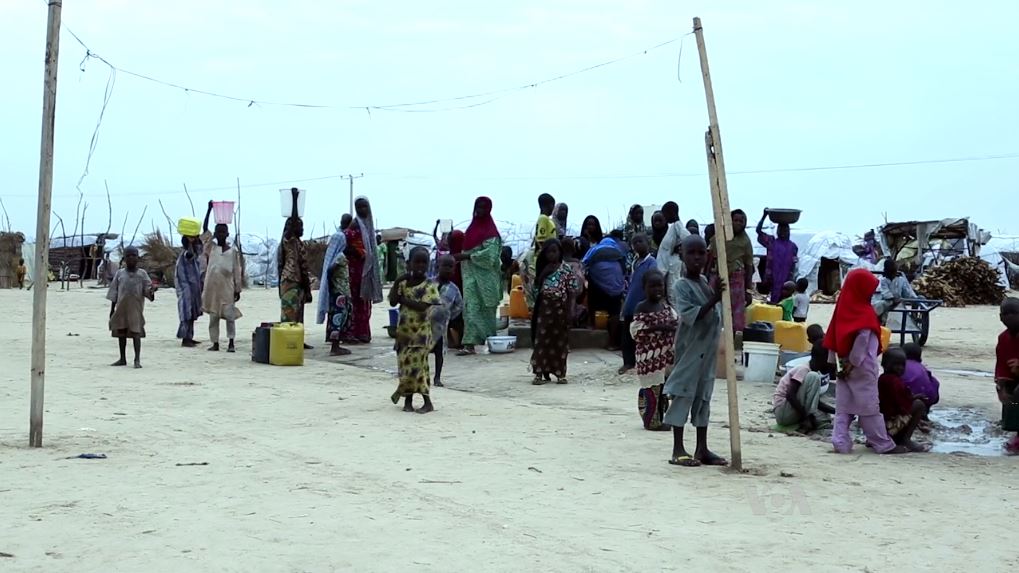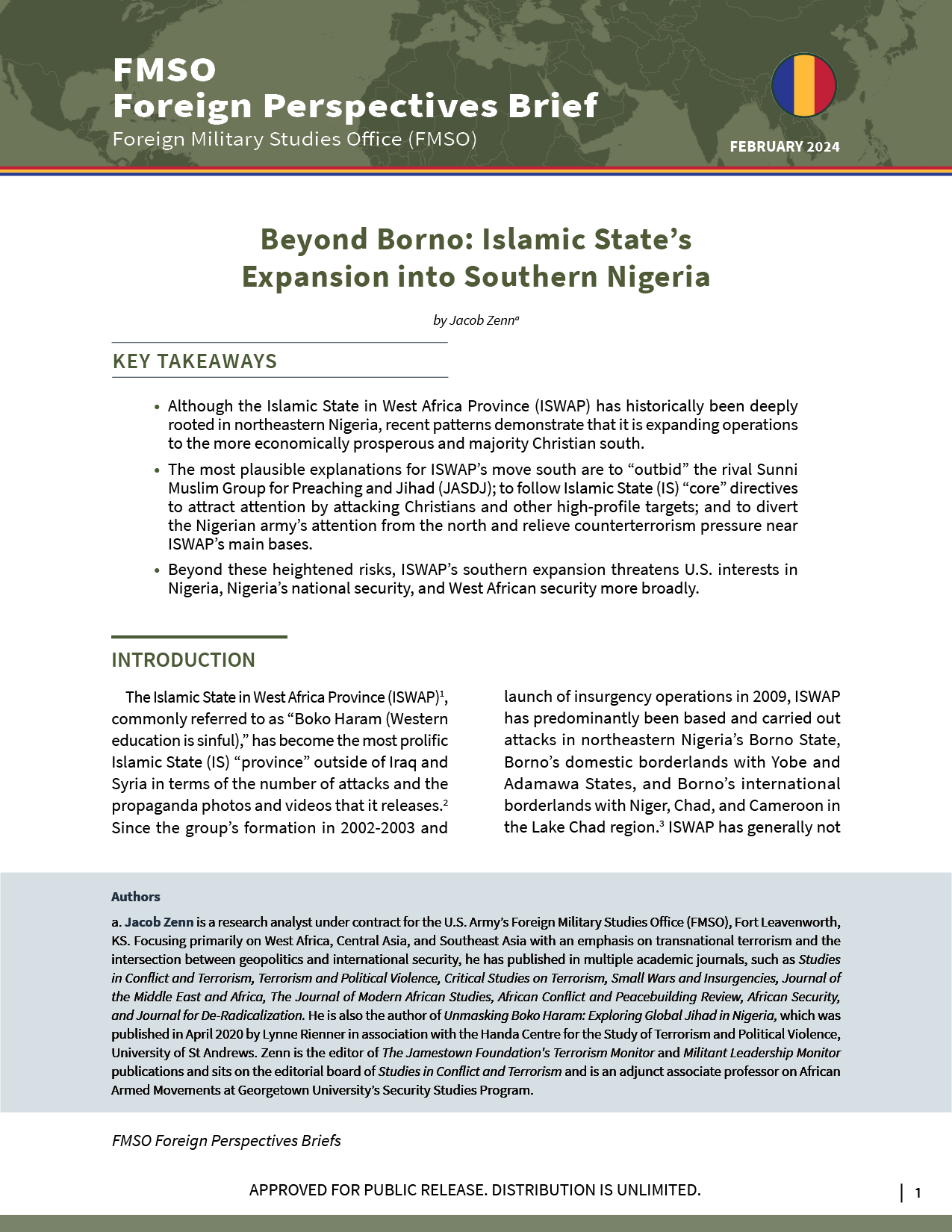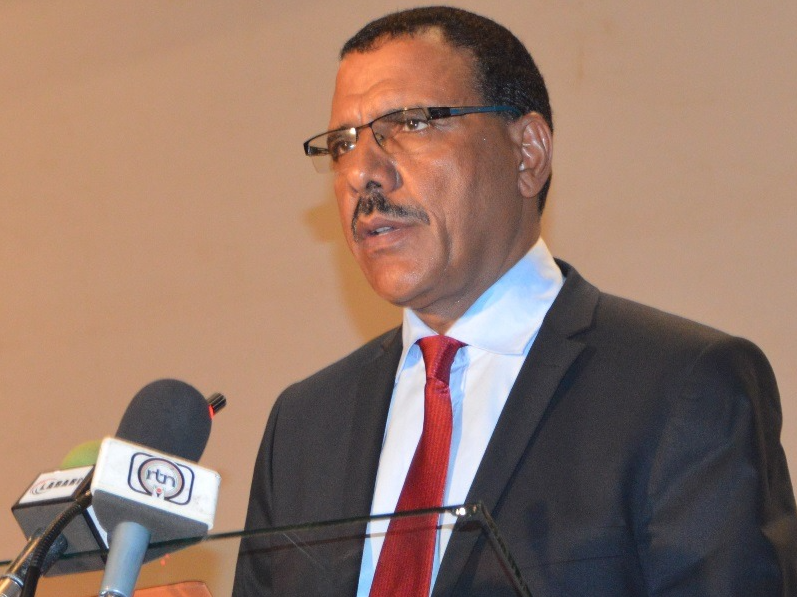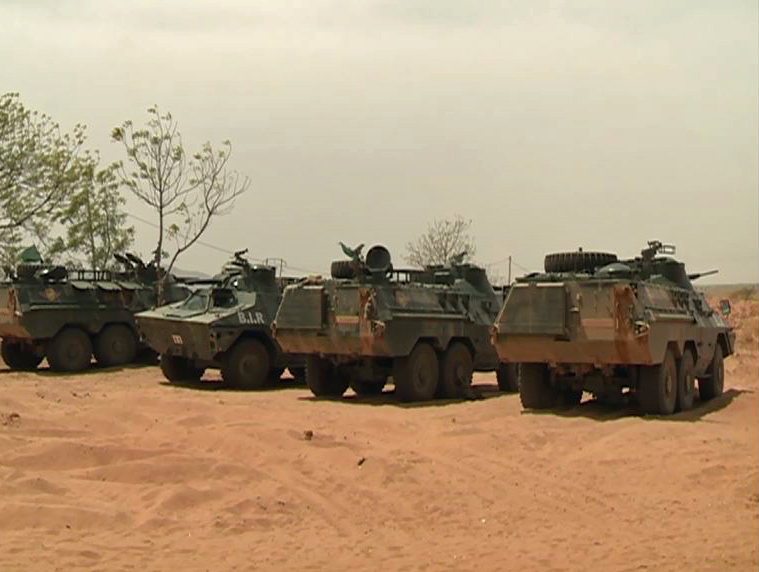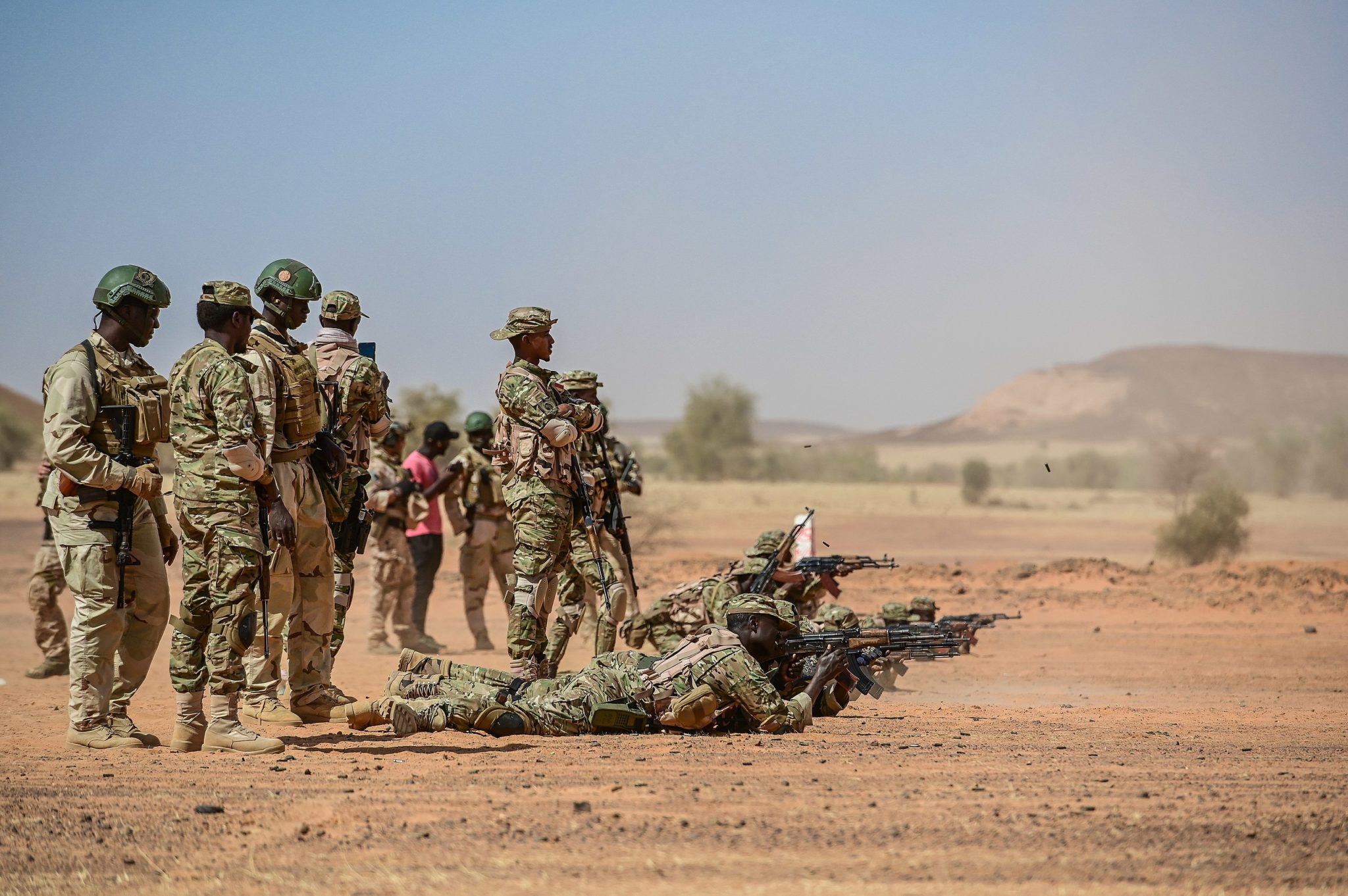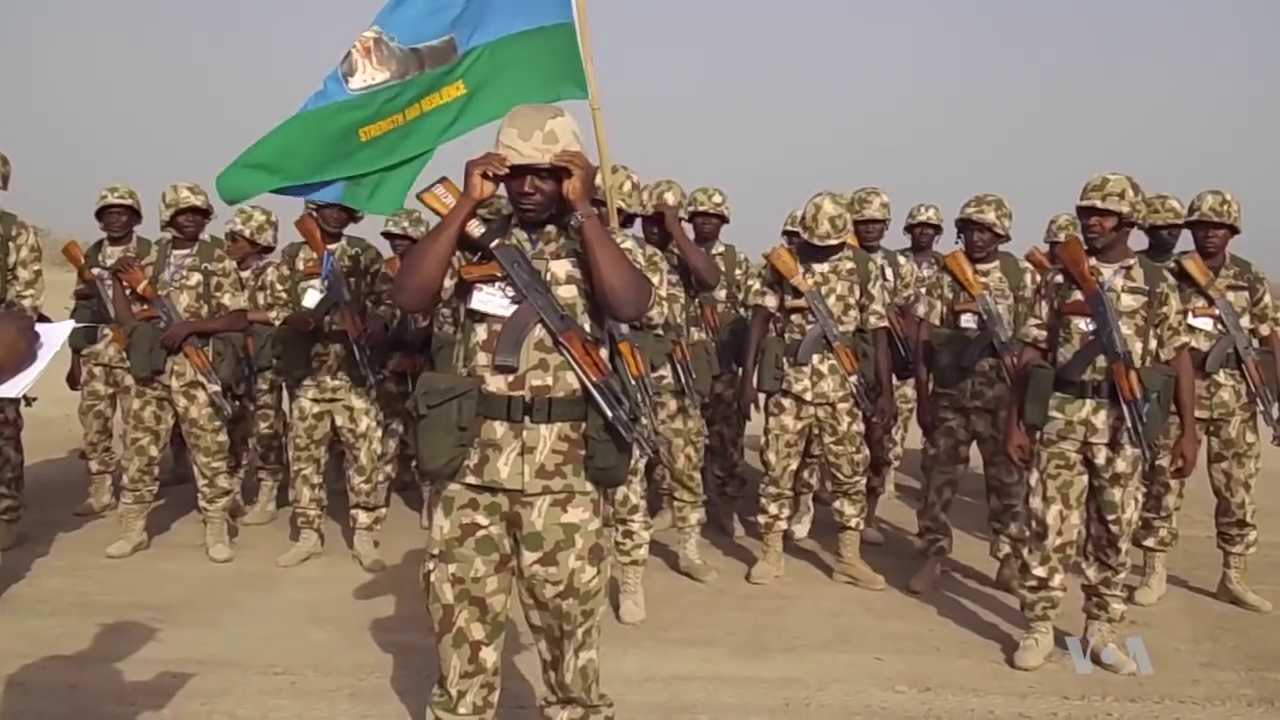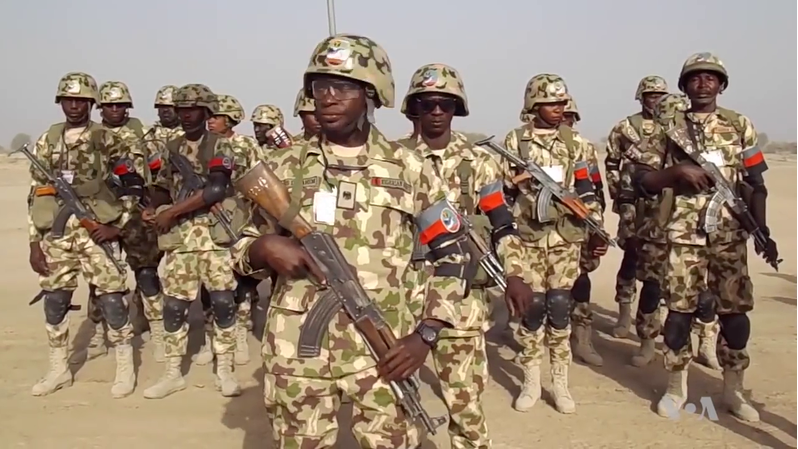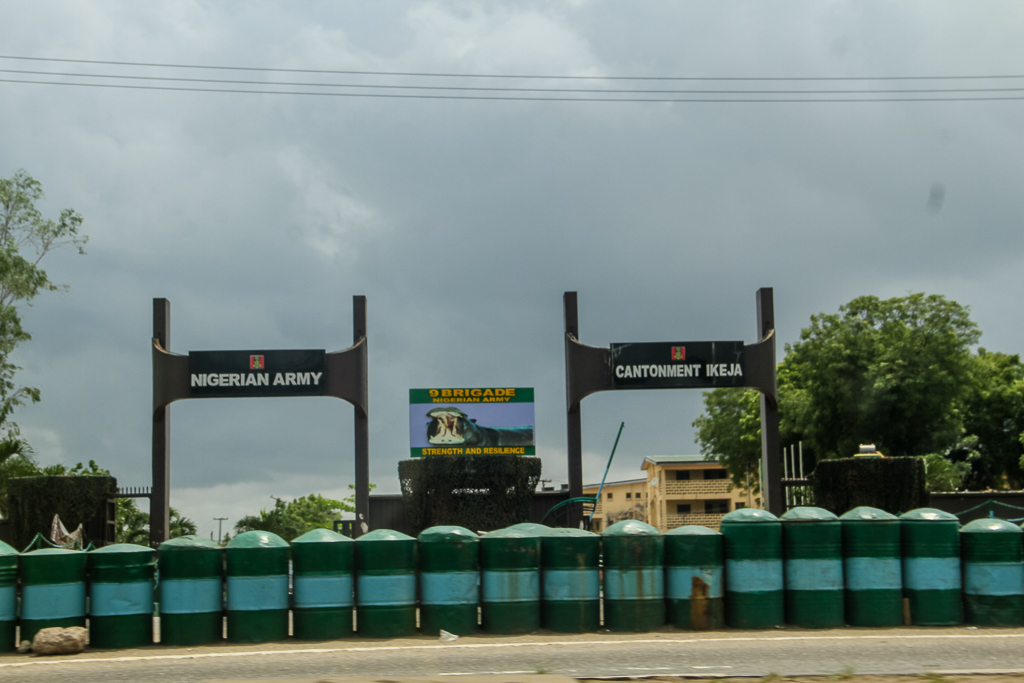
The Nigerian army, whose largest base in southern Nigeria is located in Cantonment Ikeja, is upgrading its relationship with the Chinese government, which will support Nigeria’s domestic weapons production. This will allow the Nigerian army to overcome potential procurement restrictions from the West over concerns about Nigerian human rights abuses.
“Nigeria and China have announced a significant military partnership, focusing on local arms production and military training as part of efforts to improve security in Nigeria and across Africa.”
On 10 January, the Chinese foreign ministry reported on a meeting between Foreign Minister Wang Yi and Nigerian Foreign Minister Yusuf Tuggar in Abuja. According to the first excerpted article, Wang Yi proclaimed three significant results of the meeting: first, upgrading Chinese-Nigerian relations to a “comprehensive strategic partnership;” second, holding the inaugural China-Nigeria Intergovernmental Committee; and, third, pledging to work together to promote the development of the Global South. More broadly, despite China’s global influence being far greater than that of Nigeria or other African states, and despite China’s antagonism toward smaller and weaker states in the South China Sea, the Chinese foreign ministry’s narrative remains that China is an ally to the developing world.[i]
As per the second excerpted article from the Nigerian media website newscentral.africa, the upgraded military partnership between the two countries will involve China supporting Nigeria to locally produce more arms to combat Boko Haram, the Islamic State–West Africa Province, and other terrorist and criminal groups more effectively. Although there was no explicit mention of the United States, the article notes that Chinese support for Nigeria’s arms production would help Nigeria bypass delays and regulatory issues associated with international procurement.[ii] China and Russia have gained influence in the region by providing military aid to West African governments without conditions attached.[iii] In the long run, weapons in the hands of undisciplined militaries in West Africa will often be used against civilians, political opponents, or other marginalized groups and lead to resentment against those regimes and their foreign backers. This has been seen in northern Mali, where Fulani and Tuareg groups have sought vengeance against the Malian Army’s Africa Corps backers.[iv]
Lastly, the newscentral.africa article notes that during Wang Yi’s visit to Nigeria, the Chinese foreign ministry committed to train 6,000 troops in Africa and support an African standby force and rapid response force to carry out counterterrorism and peacekeeping operations. This resembles the China-centric Shanghai Cooperation Organization’s Regional Anti-Terrorist Structure (RATS) in Central Asia, which has a similar function and has been a means of projecting Chinese military influence in that region.[v] However, RATS has not been a major tool for counterterrorism in Central Asia, and a similar force in Africa may also become an avenue for China to extend its own military influence without any tangible security benefit on the continent. Nonetheless, this African force, according to the article, safeguards African rights and avoids bullyism, which indicates its existence is also part of a Chinese narrative war in Africa against the West.
Sources:
“中国和尼日利亚关系取得三大突出成果(China-Nigeria relations have achieved three outstanding results),” fmprc.gov.cn, (official Chinese-language website of the foreign ministry of the People’s Republic of China), 10 January 2025. https://www.fmprc.gov.cn/wjbzhd/202501/t20250110_11530245.shtml
Wang Yi introduced the circumstances of his visit to Nigeria and stated that under the strategic guidance of President Xi Jinping and President Tinubu the evolution of China-Nigeria relations achieved three outstanding results: First, the two heads of state jointly announced that China-Nigeria relations have been upgraded to a comprehensive strategic partnership. Second, a new basis for unity and cooperation was established. The first plenary session of the China-Nigeria Intergovernmental Committee was successfully held. Third, international cooperation has reached a new level. The two sides closely coordinated in international and regional affairs and worked together to promote the mutual rise and development and revitalization of the “Global South”.
“Nigeria Partners with China for Local Arms Production, Military Training,” newscentral.africa, (southern Nigerian newspaper focusing on politics and African affairs), 10 January 2025. https://newscentral.africa/nigeria-partners-with-china-for-local-arms-production-military-training/
Nigeria and China have announced a significant military partnership, focusing on local arms production and military training as part of efforts to improve security in Nigeria and across Africa. [Tuggar] expressed the nation’s desire to establish local production of military equipment, which would help bypass the delays and regulatory issues often associated with international procurement. [Wang Yi] pledged a CN¥1 billion military assistance package to help improve peace and security across the continent. The package includes training for 6,000 military personnel and 1,000 police officers from various African countries, including Nigeria.
Notes:
[i] The article and other Chinese foreign ministry statements, for example, portrayed China as seeking “international fairness,” combating “climate injustice” presumably caused by the West, and advocating multipolarity and inclusive economic development in contrast to a supposedly “unilateral” or exploitative Western-led order. Fmprc.gov. “Wang Yi: Set a Benchmark for China-Africa Community with a Shared Future for the New Era.” 8 January 2025. https://www.fmprc.gov.cn/eng/wjbzhd/202501/t20250108_11529111.html
[ii] The United States has historically prohibited, at least temporarily, the sale of certain weapons to Nigeria, such as AH-1Z Cobra attack helicopters and Super Tucano fighter jets, due to concerns about Nigerian army human rights abuses. Therefore, the article was subtly indicating that China would overlook such concerns.
[iii] See: Andrew Korybko. “Western pressure fails to waver African states’ determination. Global Times. 29 July 2023, https://www.globaltimes.cn/page/202307/1295280.shtml.
[iv] See: Assala Khettache. “Mercenary Politics: Algeria’s Response to Wagner in Mali,” RUSI. 3 October 2024. https://www.rusi.org/explore-our-research/publications/commentary/mercenary-politics-algerias-response-wagner-mali
[v] An article in The Diplomat, for example, argued that “The Regional Anti-Terrorist Structure (RATS) of the SCO remains a mere monument of the organization’s objectives against combating terrorism, but it is toothless in practice.” Syed Hassan, “The SCO Needs To Be More Than a China-Russia Front Against the West.” The Diplomat. 6 August 2024.
Image Information:
Image: The Nigerian army, whose largest base in southern Nigeria is located in Cantonment Ikeja, is upgrading its relationship with the Chinese government, which will support Nigeria’s domestic weapons production. This will allow the Nigerian army to overcome potential procurement restrictions from the West over concerns about Nigerian human rights abuses.
Source: Kaizen Photography, https://commons.wikimedia.org/wiki/File:Nigeria_Army_Cantoment_1.jpg
Attribution: CC x 4.0

